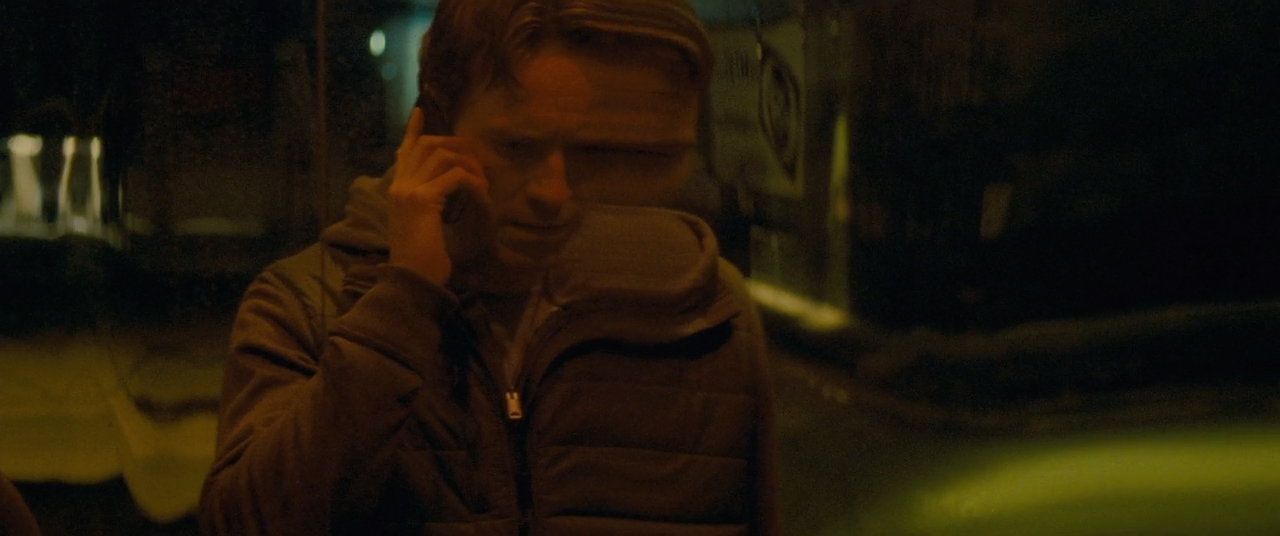The Answers
We pose a question to a group of veteran camera Ops, representing over 400 years of experience between them, about all aspects of the business. Answers are posted anonymously, because, in the end, there are rarely any absolute solutions to anything on set, but rather different ways that Ops deal with things. The idea is to see different opinions and then decide what would work best for you.
See their answers below, and, if you have a question of your own, email us, and we will add it to the queue.

What do you expect from the B Cam Op on your show?
I work primarily as a B camera operator. Most of the DPs I work with like to (at the very least) rough in shots for both A and B – I don’t work with people who want me to go rogue and do my own thing very often, if ever.

